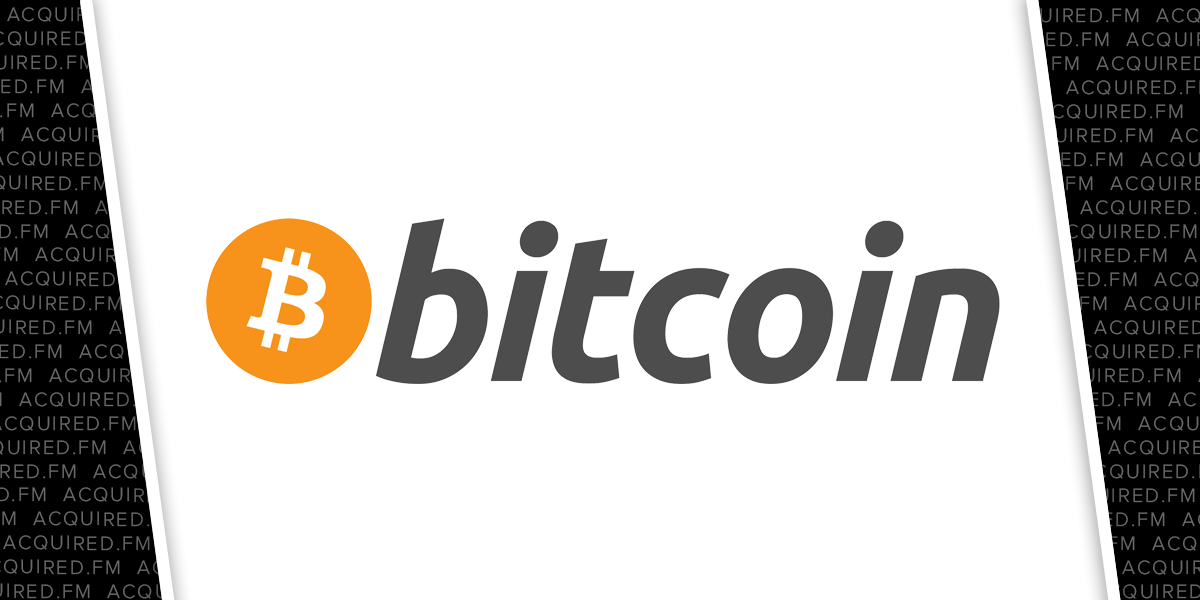3 Key Takeaways:
- A crypto wallet stores and secures your private keys, giving you control over your assets.
- Wallets can be hardware, software, or even paper-based, each with unique benefits.
- Security and self-custody are vital in 2025’s evolving crypto landscape.
What Is a Crypto Wallet?
Cryptocurrency ownership starts with one essential tool: the crypto wallet. In 2025, as digital assets become more mainstream and institutional adoption rises, understanding how a crypto wallet works is crucial for anyone looking to store, trade, or invest safely.
Despite the name, a crypto wallet doesn’t actually “hold” your coins—it holds the private keys that grant access to them. Think of it as a digital keychain that proves your ownership on the blockchain. Without it, you can’t send, receive, or manage your cryptocurrency.
How Crypto Wallets Work
To grasp what a crypto wallet really is, you need to understand the two essential components of any blockchain transaction: public and private keys.
- Your public key acts like your bank account number—it’s the address others use to send you crypto.
- Your private key is your password—it’s what allows you to access and send funds.
A crypto wallet stores these keys securely, allowing you to interact with blockchains and manage your holdings. When you send crypto, the wallet uses your private key to sign transactions. This digital signature proves the transaction is valid—without ever revealing your private key itself.
In other words, whoever controls the private key controls the crypto. That’s why secure wallet management is vital.
Also read : How to Use a Hardware Wallet
The Main Types of Crypto Wallets in 2025
Crypto wallets come in several forms, each with its strengths, weaknesses, and ideal use cases.
1. Hardware Wallets (Cold Wallets)
Hardware wallets are physical devices that store your private keys offline. Popular models in 2025 include the Ledger Nano X, Trezor Model T, and SafePal Titan 2.
They’re considered the safest option because they’re immune to online hacks and malware.
- Pros: Maximum security, offline storage, immune to most attacks.
- Cons: Costly and less convenient for frequent transactions.
2. Software Wallets (Hot Wallets)
Software wallets are apps or programs that run on your computer or smartphone. Examples include MetaMask, Trust Wallet, and Exodus. These wallets are user-friendly and ideal for quick transactions, but since they’re internet-connected, they’re more vulnerable to attacks.
- Pros: Free, easy to use, fast access to DeFi and NFTs.
- Cons: Higher risk of hacking or phishing.
3. Web Wallets
Web wallets are cloud-based services managed by exchanges or third-party platforms, such as Binance Wallet or Coinbase Wallet. They’re convenient but rely on the provider’s security.
- Pros: Accessible from any device.
- Cons: You don’t fully control your private keys, increasing custody risk.
4. Paper Wallets
A paper wallet is an old-school method where your public and private keys are printed on paper and stored securely offline. While highly secure from cyberattacks, they can be damaged or lost easily.
Why You Need a Crypto Wallet in 2025
In 2025, more than ever, “not your keys, not your coins” remains the golden rule. As the crypto industry matures and global regulations tighten, self-custody has become a defining principle for investors seeking independence and safety.
Here’s why owning a wallet is essential:
- Security from Exchange Hacks – Centralized exchanges remain frequent targets for hackers. A self-custody wallet ensures your crypto can’t be stolen in an exchange breach.
- Privacy and Control – Wallets give you direct control over your funds without needing intermediaries.
- Access to DeFi and Web3 – Software wallets like MetaMask allow you to connect to decentralized apps (dApps), stake tokens, and explore NFTs.
- Global Portability – You can carry your entire portfolio securely in a device smaller than a flash drive.
How to Choose the Right Wallet
Choosing a wallet depends on your goals, technical comfort, and investment size. Here’s how to make an informed decision:
- For Long-Term Investors: Go for a hardware wallet. It’s the safest way to store large holdings offline.
- For Active Traders: Use a reputable software wallet with strong authentication and regular updates.
- For Beginners: Start with a simple, user-friendly wallet like Trust Wallet or Coinbase Wallet before advancing to hardware options.
- For Privacy-Focused Users: Consider open-source wallets that don’t collect user data, such as Electrum or Wasabi Wallet.
Before you settle on one, check user reviews, security audits, and whether the wallet supports the blockchains you plan to use.
Staying Safe: Key Security Tips
The crypto wallet you choose is only as secure as your habits. Follow these best practices to stay protected in 2025:
- Never share your seed phrase. It’s your master key to the wallet—anyone with it can take your funds.
- Use strong PINs and passwords. Combine letters, numbers, and symbols.
- Enable two-factor authentication (2FA) where possible.
- Avoid phishing links. Always double-check URLs before connecting your wallet.
- Back up your seed phrase offline—use a metal backup or secure paper storage.
- Keep software updated. Updates patch vulnerabilities that hackers exploit.
These habits are what separate secure investors from those who fall victim to avoidable attacks.
The Future of Crypto Wallets in 2026
As blockchain technology evolves, so do wallets. The upcoming generation of wallets in 2026 is expected to blend AI-assisted security, biometric authentication, and multi-chain compatibility, enabling seamless interaction with multiple blockchains from a single interface.
Some emerging wallets even integrate social recovery features, allowing trusted contacts to help restore access if you lose your seed phrase—a major step toward user-friendly self-custody.
As the crypto ecosystem expands beyond coins into tokenized assets and identity systems, wallets are becoming the universal passports of Web3—connecting users securely to decentralized worlds.
Final Thoughts
A crypto wallet isn’t just a tool—it’s your safeguard in the decentralized economy. In 2025, when the line between traditional finance and digital assets is blurring, knowing how to choose and secure a wallet is one of the most important skills any investor can have.
Whether you’re holding Bitcoin for the long term, exploring DeFi opportunities, or trading daily, the right wallet gives you both freedom and protection. Control your keys, protect your seed, and your crypto will always remain yours—no matter what happens in the markets.




